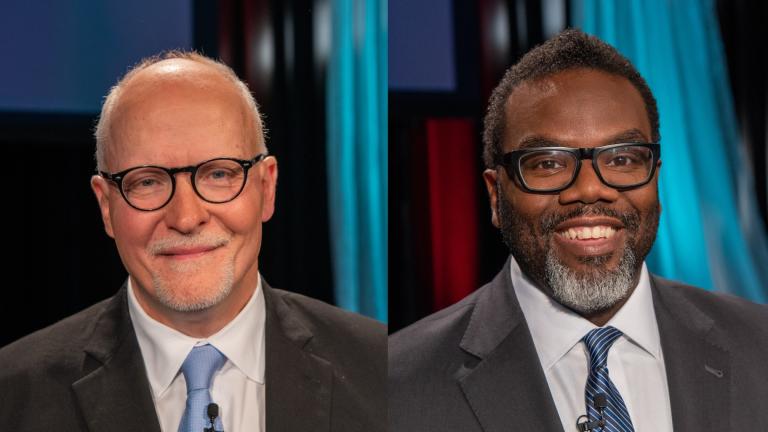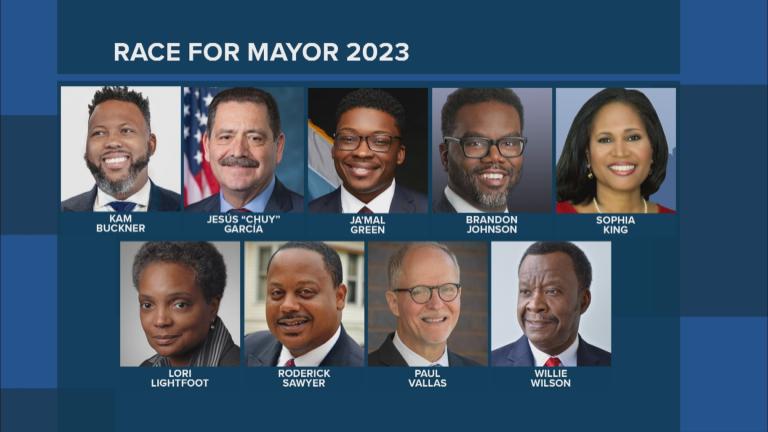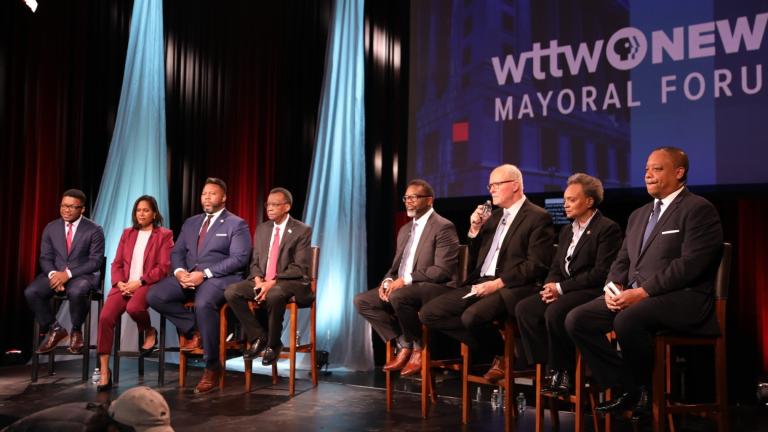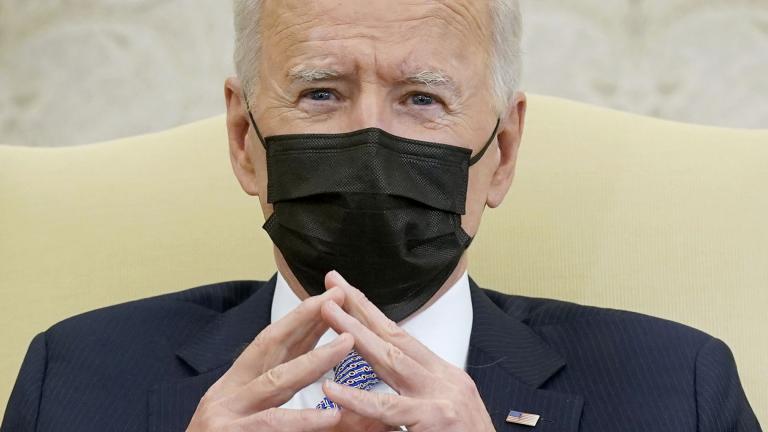The season for political messaging is in swing, but how can politicians – especially those running highly competitive races for Chicago mayor or alderman – break through?
In his State of the Union address Tuesday evening, President Donald Trump was expected to focus on bipartisanship. But his words delivered a more mixed – and pointed – message:
“An economic miracle is taking place in the United States – and the only thing that can stop it are foolish wars, politics, or ridiculous partisan investigations,” Trump said. “If there is going to be peace and legislation, there cannot be war and investigation. It just doesn’t work that way.”
That punch to Democratic lawmakers was in stark contrast to what White House advisers said was going to a speech about “unity.”
“If you talk a lot about unity but you act in ways consistently, or speak in ways consistently, that undermines that unity, you’re just not going to have as much credibility on that issue,” said Jason DeSanto, a senior lecturer at Northwestern University’s Pritzker School of Law.
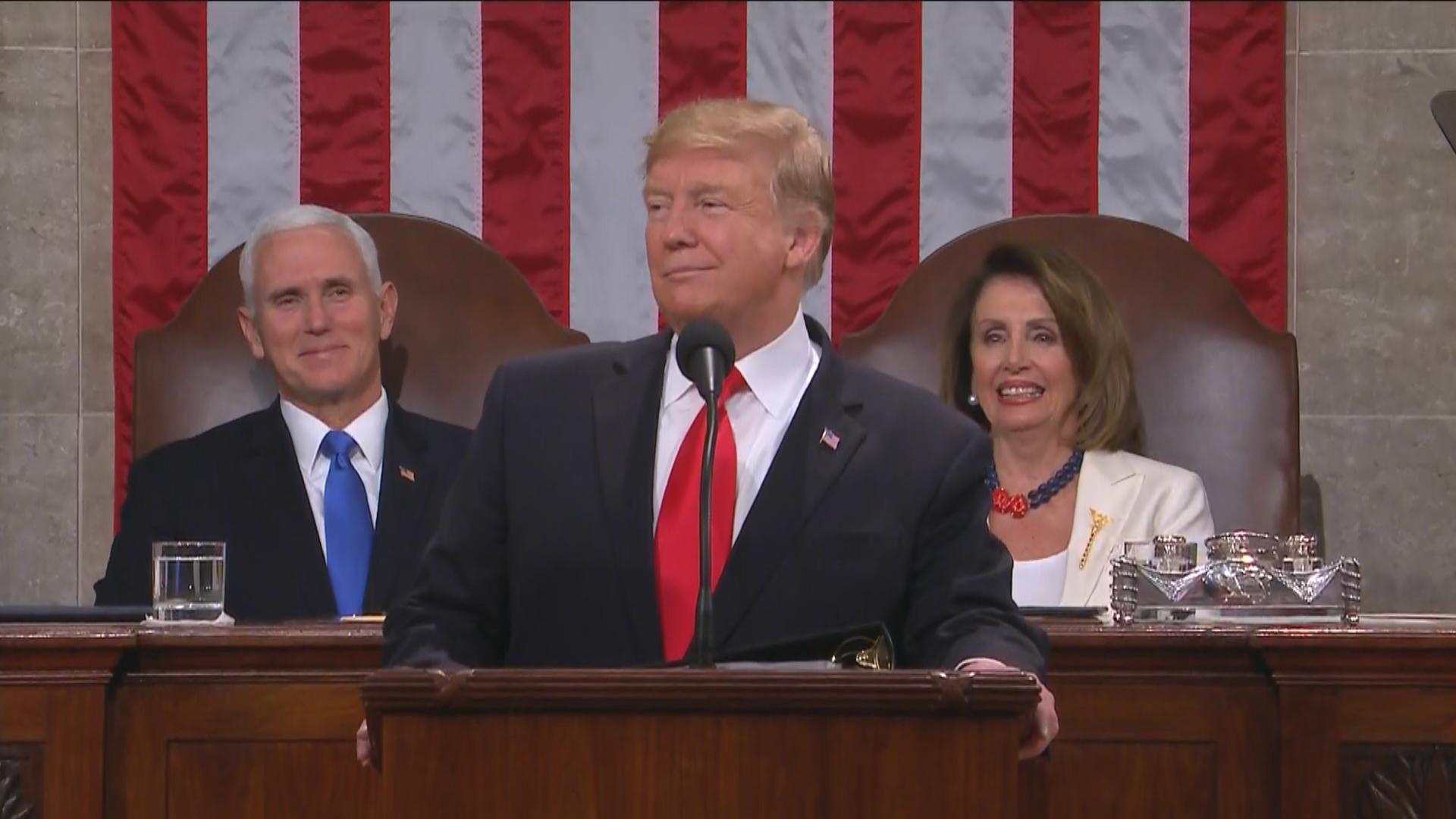 President Donald Trump delivers his State of the Union speech Tuesday, Feb. 5, 2019.
President Donald Trump delivers his State of the Union speech Tuesday, Feb. 5, 2019.
DeSanto, who has more than 15 years of experience as a political speechwriter for congressional and presidential campaigns, says Trump’s speech was better than others he’s delivered, but the president has problems with the “three Cs.”
“That quote raises issues of credibility and it also raises issues of a crisis. Those are two of the Cs. The third ‘C’ I would think about is carnage,” DeSanto said.
“When I think about Trump’s rhetoric, it’s usually, ‘We’ve got issues about credibility, we’ve got issues about ongoing crises’ – mostly being investigations into him – and then, ‘We’ve got ongoing issues about carnage,’ and that would be from the ‘American carnage’ speech from the inaugural where everything is so terrible and dystopian and ‘only I could fix it.’ And that really goes with what he had said years ago at the convention which is, ‘I alone can fix this.’”
In terms of breaking through with messaging in the crowded race for Chicago mayor, DeSanto says money matters, but so do all those forum.
“Money is powerful. Money helps getting on TV, which helps pay for commercials and to get mailers in people’s homes,” he said.
“The debate season now to me is really fascinating because now you’re going to see the rubber hit the road on who’s going after who,” he added. “The dynamics are just fascinating because you’re picking fights with people who may be ahead of you. Mostly to be seen on the same stage with them and to draw that contrast visually as well as with what you’re saying. But you’re also watching your back and making sure that the person who’s in your lane is engaging you in that lane, too.”
DeSanto says there are three issues in every campaign: how to be credible, drive your message and do no harm to your campaign.
Related stories:
Mayoral Candidates Take a Nuanced Stance on Chicago’s Complex Issues
Amara Enyia Casts Personal Financial Issues as Selling Point in Campaign for Mayor
President Trump to Deliver 2nd State of the Union Address

